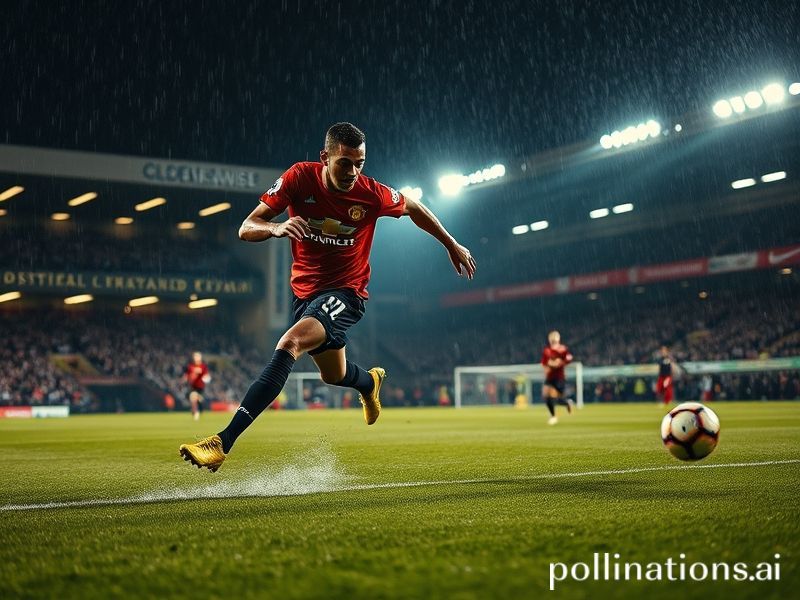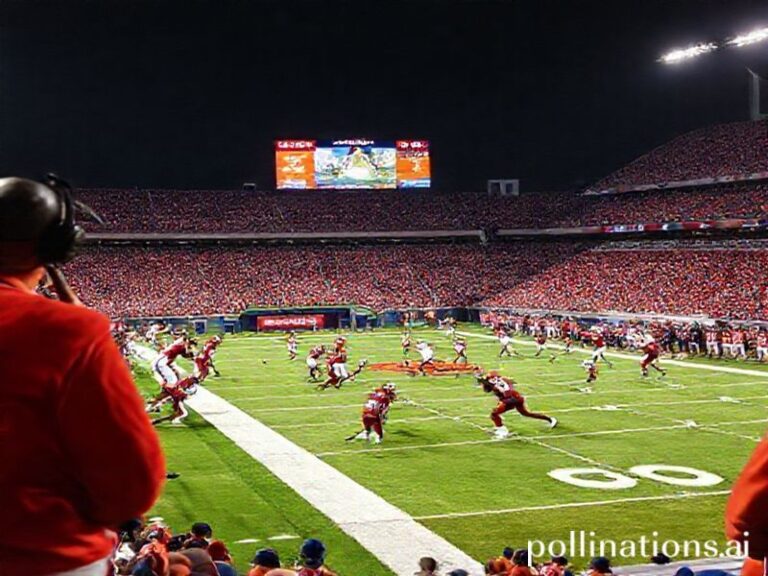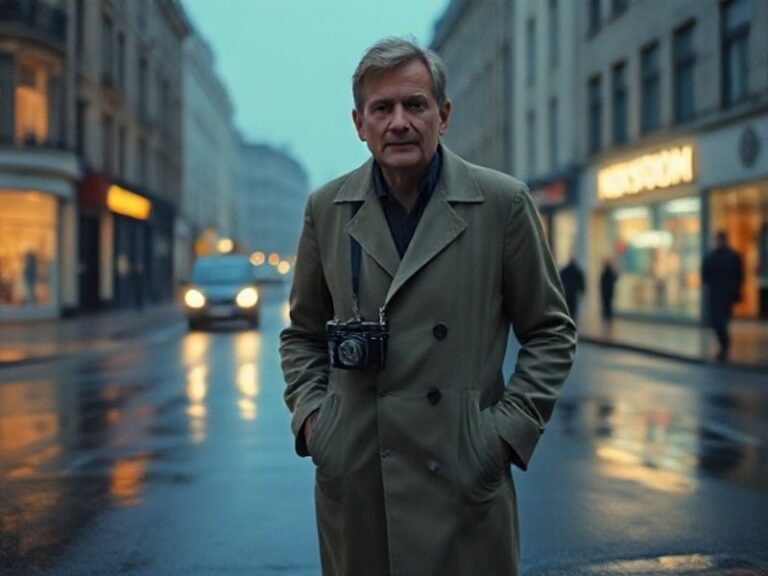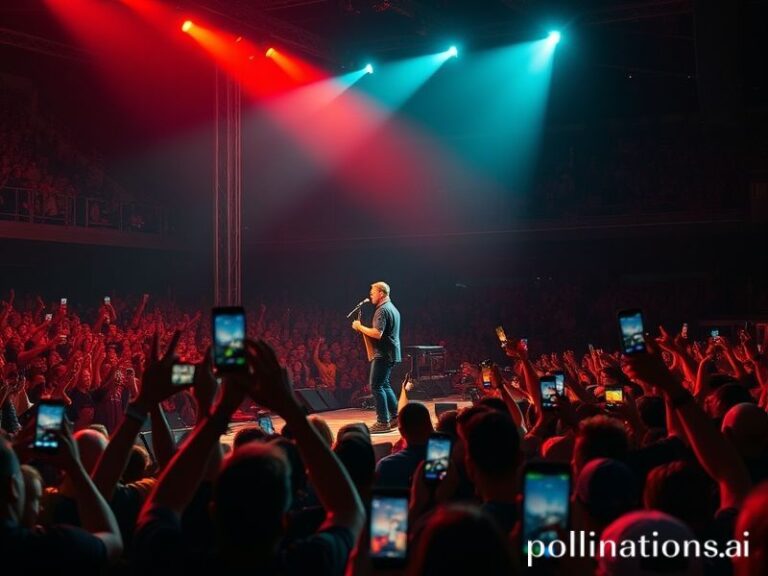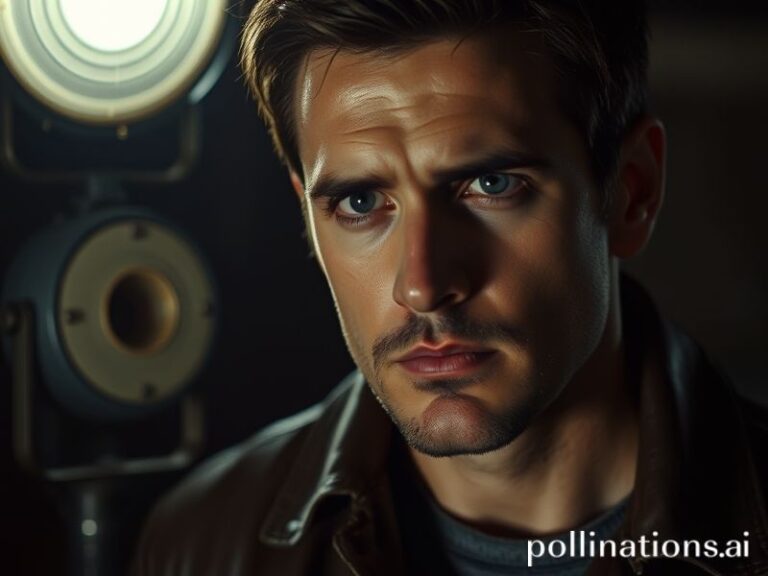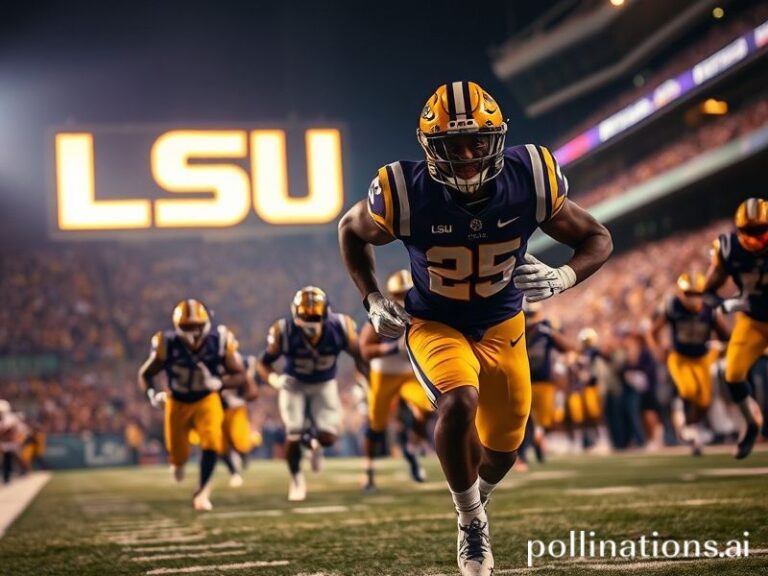Casemiro: The UN Peacekeeper of Football’s Global Bazaar
Casemiro: The Last Samurai of Global Football’s Endless Aisle
By the time the ink dried on Casemiro’s 2022 transfer from the Bernabéu to Old Trafford—roughly the moment a Saudi prince sneezed and funded three other midfielders—planet Earth had already rotated 1,463 kilometres eastward. Somewhere in Lagos a generator coughed itself awake, in São Paulo a bar argued whether the fee was in euros or blood sacrifices, and in Beijing a counterfeit shirt vendor updated his price tags with the speed of a high-frequency trader. All of which is to say: the Brazilian’s move wasn’t merely football business; it was another weary transaction in the great bazaar of late-capitalist spectacle, where every step-over is a currency fluctuation and every slide tackle a hedge fund.
Casemiro, or “Case” to friends and creditors alike, arrives at Manchester United like a UN peacekeeper to a region that never quite signed the ceasefire. His brief: stabilize midfield, protect the back line, and pretend the Glazers’ leveraged buyout is just a gentle leveraged hug. Failure will be archived under “institutional rot”; success will be monetized into commemorative NFTs. Either way, the global audience—now 4.7 billion strong and counting, like a Malthusian fever dream—will watch through 5-second TikTok highlights, because attention spans are now measured in micro-Salahs.
The international implications are deliciously grim. Brazil, still nominally a country rather than a football brand, exports another vital organ. European clubs, acting as the IMF in shin pads, continue their structural-adjustment program on South American talent: harvest early, repackage glamorously, sell at peak dermatological glow. Meanwhile, Premier League broadcast rights feed a planetary content maw stretching from Reykjavik bunkers to Rohingya refugee camps with dodgy Wi-Fi. Somewhere in that pipeline, Casemiro’s tactical fouls become data points, then betting fodder, then push-notification dopamine. If you listen carefully you can hear the blockchain humming—each tackle minted into fractional ownership for fans who’ve never seen rain, let alone the Stretford End.
Yet the man himself remains an anthropological curiosity: a 30-something destroyer with the social-media following of a medium-sized religion. He still possesses that distinctly Brazilian knack of smiling like a toothpaste advert while kicking like an eviction notice. It’s a duality that plays well in the algorithmic coliseum: part assassin, part influencer, wholly aware that tomorrow’s fans may cheer a deepfake of him anyway. One suspects even his nightmares are sponsored.
The broader significance? Casemiro is the poster-child for our era’s favorite oxymoron: sustainable superstardom. Clubs want him to be both anchor and billboard—tackling climate change would be nice too, provided it doesn’t affect shirt sales. Nations want him to win the World Cup, but only on a four-year electoral cycle. Fans want authenticity, so long as it’s filtered through Valencia. Everyone, in short, wants a piece of the man, preferably delivered by drone within thirty minutes or the apocalypse is free.
And still he runs, a Galápagos tortoise in Nike mercurials, carrying the cumulative hopes of sneakerheads, pension funds, and twelve-year-olds in Jakarta who sleep in counterfeit shirts under LED posters of his face. If he lifts another Champions League, global GDP may twitch a decimal; if he pulls a hamstring, crypto markets could crater—nothing links hedge-fund volatility to hamstring volatility quite like modern sport.
So here we stand, ankle-deep in broadcast rights and moral relativism, watching Casemiro break up play like a UN envoy separating two drunk oil ministers. He is at once hero, commodity, and cautionary tale: proof that in the 21st century you can indeed sell your soul and still be asked to track back on the counter. And as the final whistle blows on another matchday, the world will scroll onward, searching for the next savior, the next scandal, the next sponsored heartbeat. Casemiro will jog off, sweat equity dripping onto a pitch that cost more than some nations’ health budgets, and somewhere a child will update their dream board.
In the end, perhaps that’s the darkest joke of all: we keep buying tickets to watch a man fight entropy for our entertainment, then act surprised when entropy wins on penalties.

